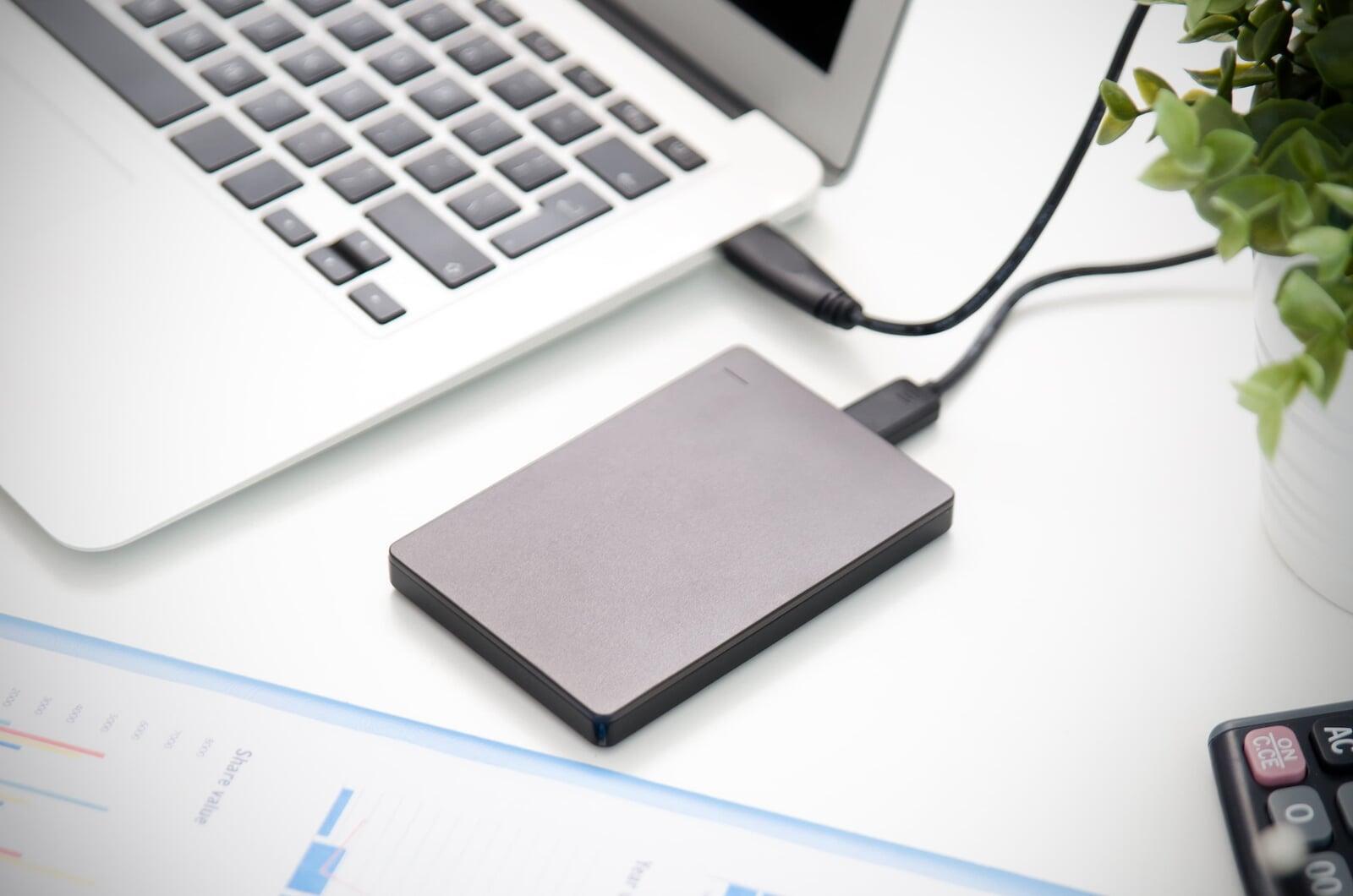
How to Secure Your Data: Best Backup Practices for 2025
In today’s digital age, data is everything. From cherished personal photos to important work files, losing that data can be catastrophic. That's why secure data backups are crucial. Let’s explore the best practices to protect your valuable information.
What is Data Backup?
Data backup refers to the process of creating a copy of your important files and data. This backup ensures you can recover your information if the original files are lost or corrupted. You can store your backups on external devices like hard drives or use cloud storage services. Having a reliable backup strategy means never having to worry about losing your crucial data.
Why is Secure Backup Important?
Data loss can happen unexpectedly—due to computer crashes, viruses, or even human error. Without a backup, you risk losing vital files, whether it’s work documents, personal photos, or client information. Secure backups protect you from these risks, keeping your data safe and accessible no matter what happens.
How Often Should You Back Up Your Data?
The frequency of your backups depends on how often your data changes. Some individuals back up their data daily, while others may choose weekly backups. If you deal with critical or frequently updated files, daily backups are ideal. Regular backups ensure you always have the latest version of your data, reducing the risk of losing important information.
What Are the Different Types of Backups?
Understanding the different types of backups can help you choose the right solution for your needs:
- Full Backup
A full backup copies all your data at once. Though it takes up more space and time, it’s a thorough option.
- Incremental Backup
Incremental backups only copy files that have changed since your last backup. This method saves both time and storage space.
- Differential Backup
A differential backup copies all changes since the last full backup. It’s faster than a full backup but takes up more space than an incremental one.
Where Should You Store Your Backups?
Choosing the right backup storage is key to keeping your data safe:
- External Hard Drives
External hard drives are physical storage devices that you can keep at home or in your office. While convenient, they are susceptible to physical damage or theft.
- Cloud Storage
Cloud storage offers off-site backups that protect your data from physical damage. Plus, you can access your data remotely from anywhere with an internet connection.
- Offsite Storage
Offsite backups refer to storing your data in a different location from your primary data, providing additional protection in case of theft, fire, or natural disasters.
How Can You Ensure Your Backups Are Secure?
Protecting your backups is just as important as making them. Here’s how you can keep your backups safe:
- Use Encryption
Encrypting your backup data ensures that it is unreadable to anyone who doesn't have the key. This adds an extra layer of protection against hackers and unauthorized access.
- Set Strong Passwords
Create strong passwords for your backup devices and cloud storage accounts. Strong passwords prevent unauthorized access to your backups.
- Regularly Test Your Backups
Testing your backups by restoring files ensures they work properly. Schedule regular tests to verify that your backup system is reliable.
What Tools Can Help With Data Backup?
Several tools can automate and simplify the backup process:
- Backup Software
Backup software automates the backup process, allowing you to schedule regular backups without manual intervention.
- Cloud Services
Many cloud services offer built-in backup options. These services typically include additional security features to ensure your data stays safe.
What Should You Avoid in Data Backup?
Avoid these common backup mistakes to ensure your data remains secure:
- Not Having Multiple Copies
Always store more than one backup, and keep copies in different locations to avoid data loss due to theft or disasters.
- Ignoring Security Updates
Ensure your backup software and devices are always up-to-date. Regular updates fix security vulnerabilities and enhance performance.
How to Create a Backup Plan?
A good backup plan is essential for data protection. To create a comprehensive backup strategy:
- Identify Important Data: Determine which files are crucial to back up.
- Decide Backup Frequency: Set a schedule for backups based on how often your data changes.
- Choose Backup Locations: Decide where to store your backups (cloud, external devices, or offsite).
- Regular Testing: Set reminders to test your backups periodically to ensure they are working correctly.
Protect Your Data Today with Cascade IT Services
Don’t wait until it’s too late to protect your data. Implement secure backup practices to safeguard your valuable files. At Cascade IT Services, based in the heart of Bend, Oregon, we specialize in helping individuals and businesses set up reliable and secure data backup systems. If you need assistance in creating a customized backup solution or have any questions about securing your data, contact us today!
Disclaimer: Cascade IT Services is a service provider based in Bend, Oregon. The content in this post is for informational purposes only and is not intended as a substitute for professional IT advice. Always consult with an IT professional for personalized recommendations.

